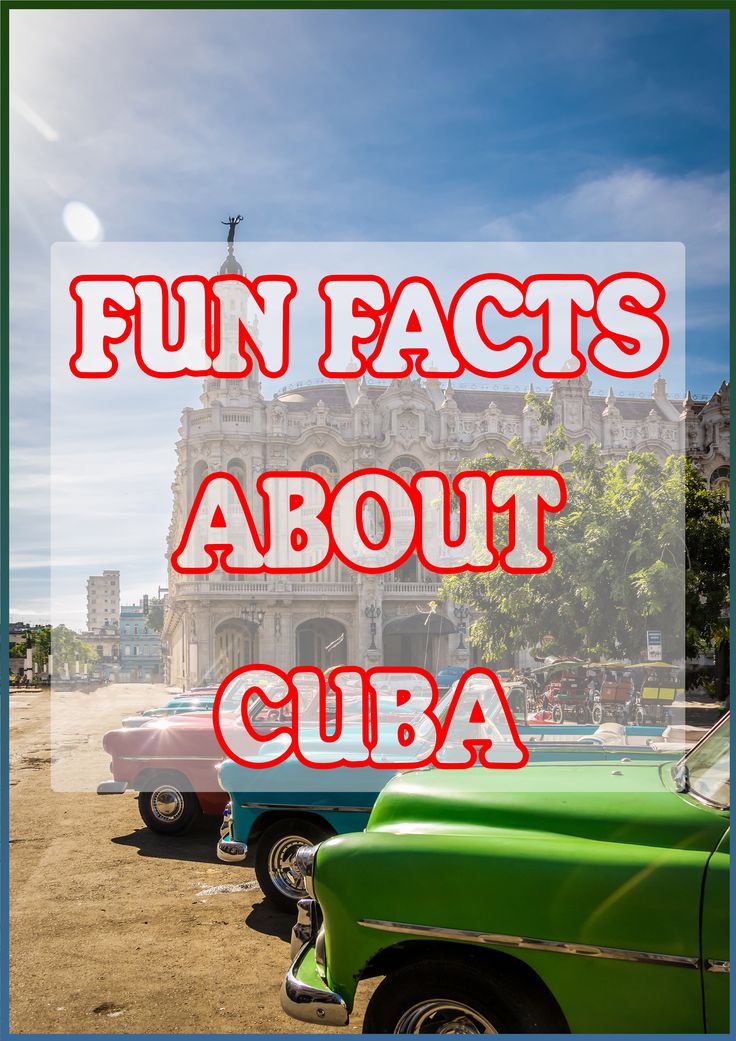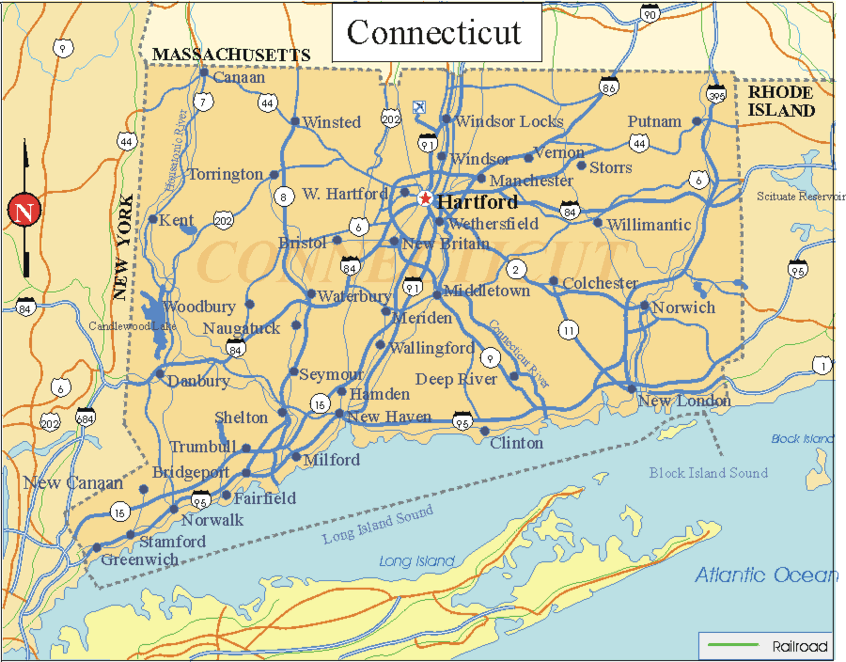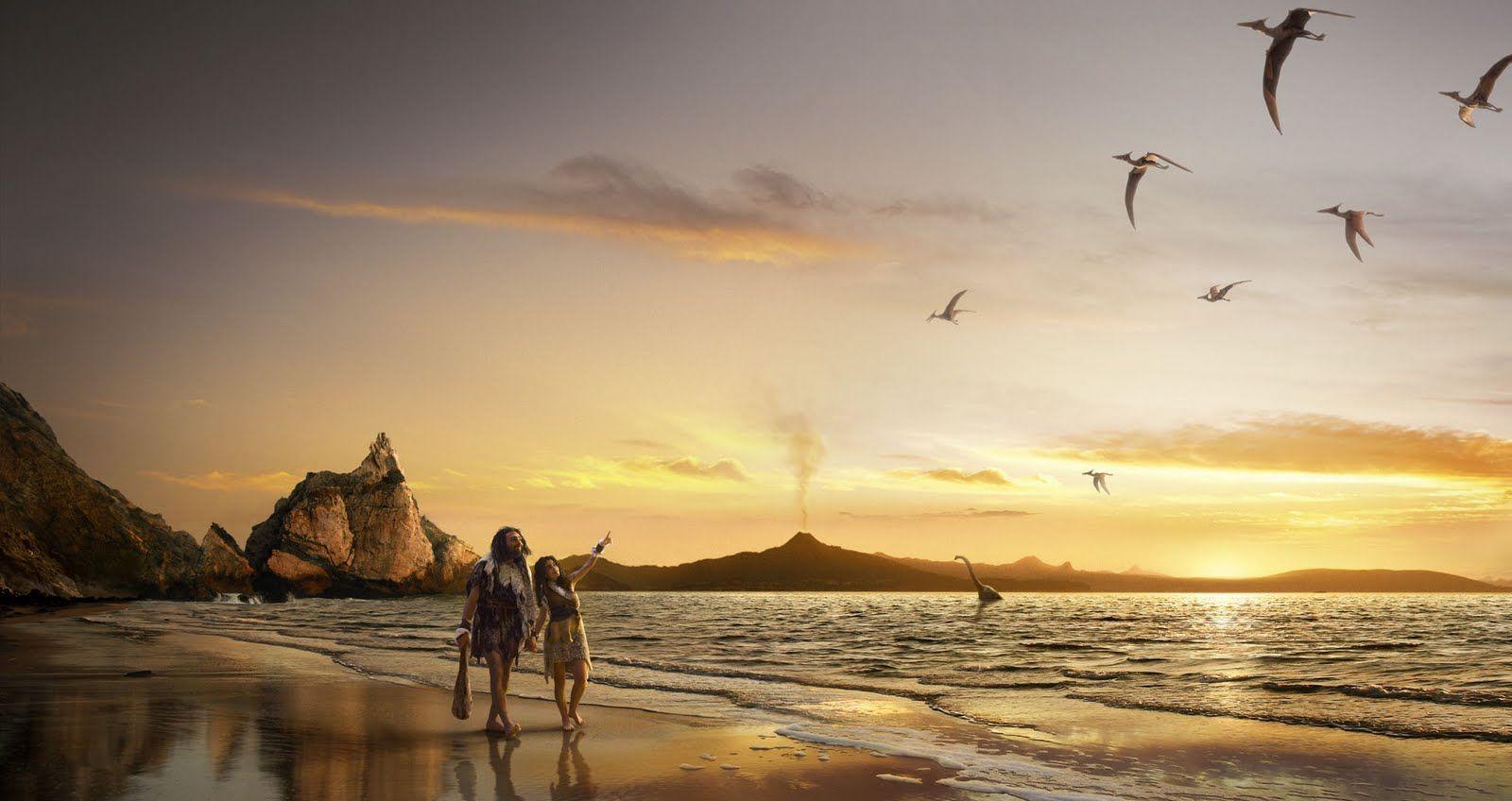Cuba, the largest island in the Caribbean, is replete with captivating history, vibrant culture, and an inherent charm that enchants visitors and locals alike. Here are some interesting facts about Cuba that unveil the unique essence of this extraordinary nation, repelling superficial perceptions and engaging a deeper appreciation.
1. A Mosaic of Cultures
Cuba’s cultural fabric is a rich tapestry woven from its diverse history. With roots tracing back to the indigenous Taino people, the island has absorbed influences from Spanish colonizers, African slaves, and even the Chinese immigrants who arrived in the 19th century. This crucible of cultural diversity gives rise to a distinctive Cuban identity, evident in its music, dance, and culinary arts. Soulful genres like son, salsa, and rumba are infused with African rhythms and Spanish melodies, showcasing the island’s dynamic cultural confluence.
2. The Last Stronghold of Classic Cars
One cannot mention Cuba without conjuring images of vintage automobiles that traverse its streets. Due to a long-standing embargo that curtailed imports of new cars, many Cubans have ingeniously maintained and repaired pre-1959 vehicles, creating a delightful array of classic cars that are as much a part of the landscape as the colorful buildings that line the streets. These gleaming relics are more than transportation; they are a testament to Cuban resilience and creativity.
3. UNESCO World Heritage Sites
Cuba boasts a remarkable array of UNESCO World Heritage Sites, placing it among the most culturally and historically significant countries globally. The colonial architecture of Old Havana, the striking landscapes of Viñales Valley, and the lush biodiversity of the Biosphere Reserve in the Zapata Swamp are just a few examples. Each site tells a story, revealing layers of historical significance and environmental preservation that speak to Cuba’s intricate history and ecological richness.
4. The Birthplace of Iconic Music Genres
The rhythms of Cuba have resonated far beyond its shores. As the birthplace of famous music genres such as mambo, cha-cha-cha, and bolero, Cuba has influenced global music massively. The confluence of African heritage and European melodies fosters an unparalleled musical landscape. Iconic musicians like Buena Vista Social Club have brought international attention to Cuban music, while legendary figures such as Celia Cruz and Benny Moré have cemented their status as cultural icons whose impact endures.
5. A Verdant Paradise
Beyond its vibrant urban scenes, Cuba is replete with stunning natural beauty. The island’s diverse geography ranges from the mountainous Sierra Maestra to the tropical beaches of Varadero. The Cuban ecosystem is home to unique flora and fauna, including the revered Cuban toreador tule and the enigmatic flamingos that inhabit its wetlands. This bounty of nature nurtures a sustainable spirit and a deep reverence for the environment.
6. Education and Healthcare Achievements
Cuba stands out for its commitment to education and healthcare, often hailed as a model for developing nations. The Cuban government invests heavily in universal education, resulting in a literacy rate of over 99%. This emphasis on education transcends mere numbers; it fosters a populace that is politically and socially active. Similarly, the healthcare system is revered for its accessibility and preventive approach, offering free healthcare services to all citizens, a rarity in much of the world.
7. The Pillars of Revolution
The Cuban Revolution of 1959 remains a defining moment in the island’s history. Led by Fidel Castro and Che Guevara, this seismic shift overthrew the Batista regime, establishing a socialist state that has intrigued and divided global perception. Cuba’s resilience under embargoes and external pressures showcases a spirit of defiance and self-determination. The revolutionary ethos still permeates Cuban society, shaping identity and values that prioritize community over individuality.
8. The Allure of Cigars
Cuban cigars are synonymous with luxury and craftsmanship. Renowned worldwide for their quality, these cigars are cultivated in the sun-drenched fields of the Vuelta Abajo region, meticulously rolled by skilled artisans known as torcedores. The process is steeped in tradition, blending artistry with agriculture, which contributes to the allure surrounding these esteemed products. Every puff offers not just flavor, but a rich taste of history, culture, and craftsmanship.
9. The Language of Exchange
Cuban Spanish is distinct and often described as melodious, infused with unique idioms and phrases that reflect the island’s multicultural influences. The dialect exhibits a rhythmic quality, often dropping consonants and emphasizing vowels, adding a lyrical character to everyday conversation. Linguistic nuances unveil a deeper connection to the island’s identity, fusing history with contemporary life in a way that is uniquely Cuban.
10. An Artistic Hub
Despite the challenges posed by the economy, Cuba radiates talent and creativity. Havana’s art scene brims with innovation; murals, paintings, and sculptures adorn public spaces, while music and dance thrive in venues across the island. This creative spirit serves as an outlet for political expression and social commentary. Artists embrace a certain freedom of expression, pushing boundaries and inviting dialogue in a society seeking to balance tradition with modernity.
Cuba is undeniably a nation of contrasts, where vibrant culture coexists with stark realities, and deeply rooted history mingles with contemporary challenges. This island’s unique soul rests upon its ability to nurture resilience amidst adversity, inviting intrigue and admiration. Exploring Cuba unveils layers of richness that foster a genuine connection to its people and their stories—not merely a destination, but a journey that celebrates the human spirit.








